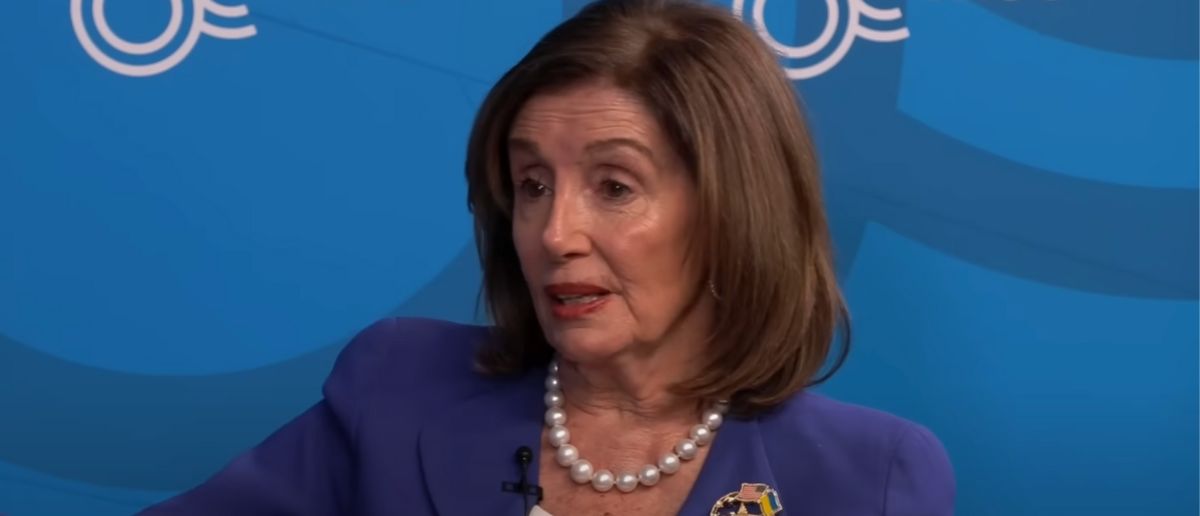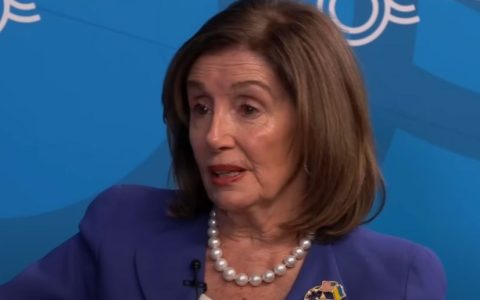
The media has never liked Donald Trump. But now the war could be over.
Because mainstream media outlets could go out of business after Trump’s FCC made a critical move.
FCC’s Stance on Media Accountability
Brendan Carr, the Federal Communications Commission (FCC) Chairman, has taken a decisive position in a recent interview, signaling his readiness to impose penalties on major media companies if they deviate from what he and President Trump consider acceptable standards.
Described by The Wall Street Journal as a dynamic figure, Carr has adopted a proactive approach, aligning with Trump’s assertive style to ensure broadcasters adhere to public interest obligations.
Unlike his predecessors, who hesitated to challenge large corporations, Carr is prepared to revoke broadcast licenses from outlets he believes have breached their duty to serve the public.
“Broadcast licenses are not sacred cows,” he emphasized, underscoring his commitment to accountability.
Investigations into Media Practices
Carr, a seasoned FCC member since 2017, has initiated significant actions against media giants, particularly targeting Comcast, the parent company of NBCUniversal.
Following Trump’s claims of partisan bias favoring Democrats, Carr launched two investigations into Comcast’s operations.
One probe scrutinizes the company’s diversity policies, while another, announced in July, examines whether Comcast’s programming decisions align with the needs of local communities.
Carr has accused NBC News and MSNBC of misleading the public, particularly citing their coverage of a high-profile deportation case.
These moves are grounded in a 1934 law that mandates broadcasters operate in the “public interest, convenience, and necessity,” a principle Carr invokes to justify his oversight.
Balancing Regulation and Free Speech Concerns
Carr’s alignment with Trump’s agenda has sparked debate, with critics arguing that his actions risk politicizing the FCC’s role.
Robert Corn-Revere, chief counsel at the Foundation for Individual Rights and Expression, told The Wall Street Journal that Carr’s approach appears to target perceived adversaries of the president, potentially undermining free speech protections.
Similarly, Sen. Elizabeth Warren criticized the FCC’s approval of the Paramount Global and Skydance Media merger, calling it “corruption, plain and simple,” especially given Paramount’s $16 million settlement with Trump over a disputed CBS News interview edit.
Carr defends his decisions, asserting that the FCC follows established rules, and notes that oversight mechanisms, like Paramount’s ombudsman for bias complaints, report to the company, not the agency.
This new era of FCC oversight reflects a shift toward stricter media regulation, raising questions about the balance between accountability and independence.





